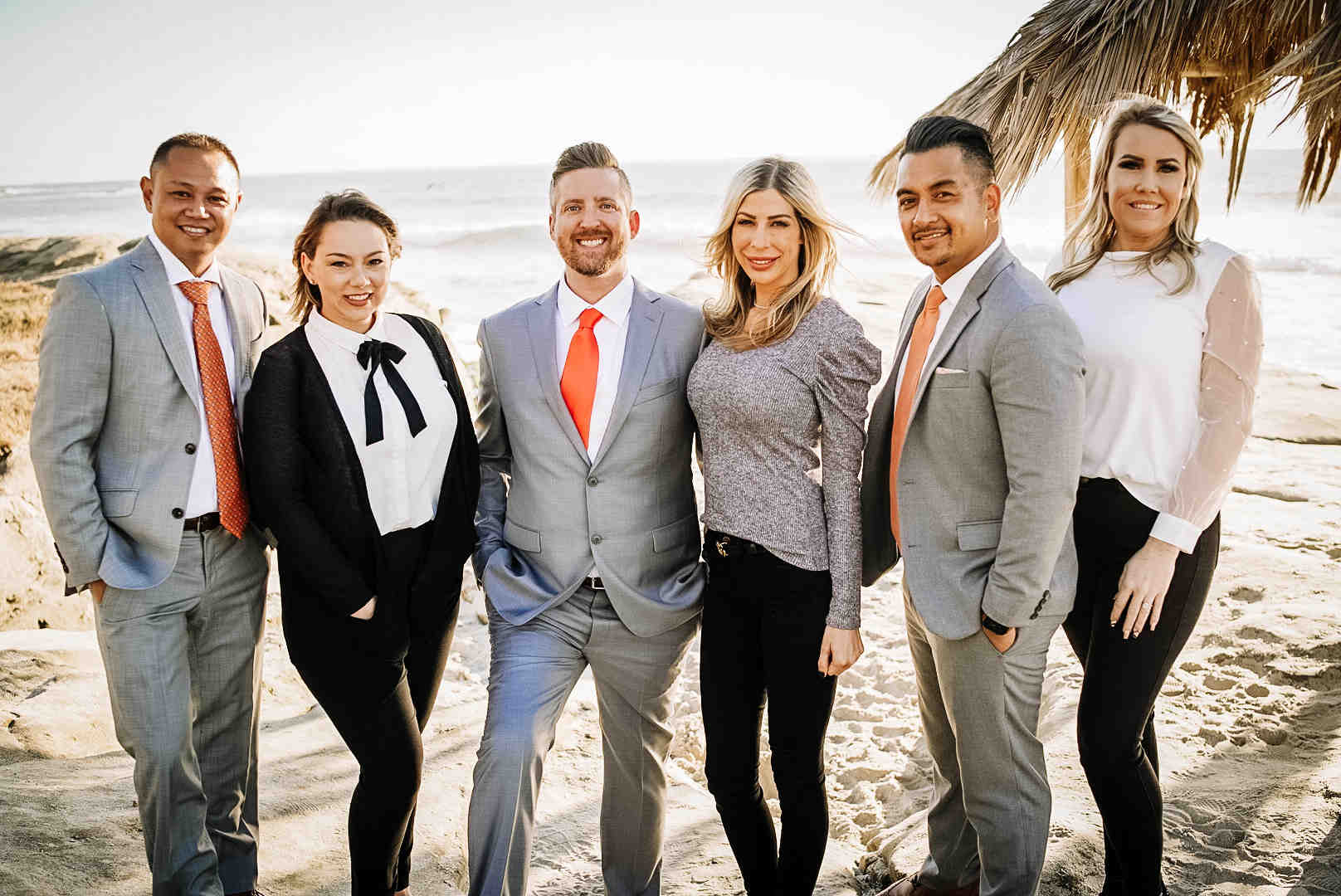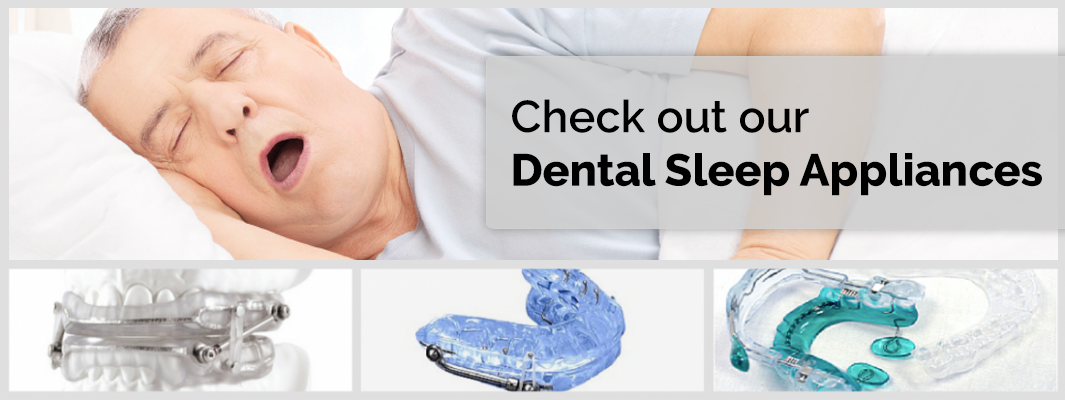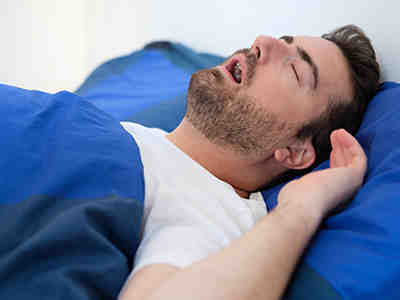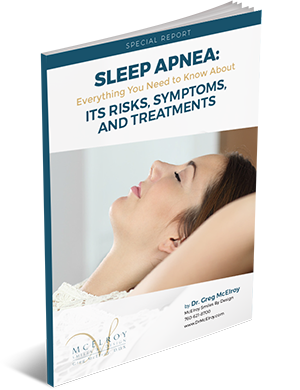Can you claim benefits for sleep apnea?

A person with sleep apnea may qualify for benefits if the pulmonary artery pressure is greater than 40 mm Hg. This can be accomplished by visiting a doctor and having your blood pressure checked, as it is often affected by sleep apnea. In addition, another qualification is chronic lung disease.
How many apneas per hour is severe?
It can be mild, moderate or severe, depending on the number of times in an hour that your breathing stops (apnea) or becomes very shallow (hypopnea). Apnea episodes can occur from 5 to 100 times an hour. More than five apneas per hour are abnormal. More than 30-40 per hour is considered to be severe sleep apnea.
Is having sleep apnea a disability?
The Social Security Administration (SSA) no longer has a list of disability for sleep apnea, but it does have a list for respiratory disorders, heart problems and mental deficits. If you meet the criteria in one of the listings due to your sleep apnea, you will automatically qualify for disability benefits.
Does using CPAP weaken lungs?
Frequent sleep disruptions also damage the immune system. CPAP can further increase the risk of pneumonia because it can take bacteria and viruses into the lungs.
Can a dentist treat sleep apnea?

Did you know that many dentists are trained to help treat and control snoring and sleep apnea? Sleep dentistry is an area of dental practice that focuses on the use of devices for oral therapy to treat respiratory sleep disorders, including snoring and obstructive sleep apnea (OSA).
What is the best dental device for sleep apnea?
These devices, which must be placed by a dentist or orthodontist and used in the mouth at night, include: Mandibular advancement device (MAD). The most commonly used mouthpiece for sleep apnea, MADs look a lot like a mouth guard used in sports.
Do oral appliances really work for sleep apnea?
Oral devices are designed to position the lower jaw slightly forward and downward. This opens the airways. These devices are simple, portable and quiet, but they can be almost as expensive as CPAP. And growing evidence indicates that they are not as effective for people with moderate to severe obstructive sleep apnea.
Does insurance cover sleep apnea dental appliance?

Is the dental sleep apnea device covered by insurance? In many, almost all cases – health insurance will cover all or part of the cumulative costs of obtaining a dental appliance for the treatment of sleep apnea.
Does medical insurance cover mouth guards?
Most dental insurance plans cover preventive care, such as cleaning and x-rays, but not all plans cover primary care, such as crowns and night guards. If your plan covers other important cares, such as crowns, bridges or dentures, it probably covers night watchmen, but always be safe and check first.
Does Medicare pay for sleep apnea appliances?
If you have been diagnosed with obstructive sleep apnea, Medicare Part B will cover an oral device, which is an alternative to a CPAP machine, or Continuous Positive Airway Pressure. Your doctor should prescribe the device. … Your doctor should prescribe an oral device that is on Medicare’s list of approved PDACs.
Which is better CPAP or oral appliance?
Oral device therapy should be considered a viable treatment alternative to continuous positive airway pressure (CPAP) in patients with mild to moderate obstructive sleep apnea syndrome (OSAS). In patients with severe OSAS, CPAP remains the treatment of choice.
How much does a sleep apnea mouth guard cost?

Oral Appliance According to the American Sleep Association, the average treatment for sleep apnea involving a mouth guard costs between $ 1,800 and $ 2,000. This price includes the mouthpiece and visits to the dentist, as well as modifications and adjustments to the device.
Does sleeping with head elevated help sleep apnea?
& quot; Sleeping with your head as high and upright as possible, such as in an adjustable bed or in a reclining chair, can be helpful in improving the symptoms of sleep apnea. & quot; Wedge-shaped pillows made of foam (instead of a more flexible material) can help you reach the correct position that keeps the airways more open.